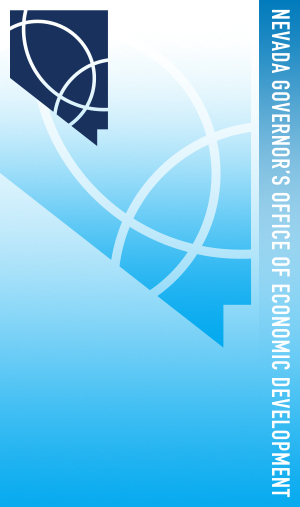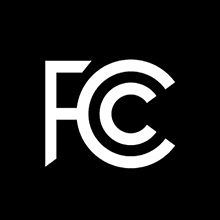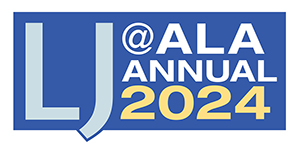Industry News
The U.S. Department of Commerce’s National Telecommunications and Information Administration (NTIA) on July 24 announced the availability of almost $1 billion in competitive grant funding for programs that “support efforts to achieve digital equity, promote digital inclusion activities, and spur greater adoption and meaningful use of broadband,” according to a notice of funding opportunity posted by the agency. Application materials are available on NTIA’s BroadbandUSA website, and must be submitted through the NTIA Grants Portal by September 23.
Many accessibility options are available to academic librarians and library workers, but the costs involved in training staff, reworking spaces, and purchasing tools can be limiting. It therefore falls on each library to best allocate their resources. In order to bring to light possible approaches, Osama Youssef Smadi, associate professor of special education at the Imam Muhammad bin Saud Islamic University in Saudi Arabia, surveyed students with disabilities. In the 2021–22 academic year, 160 students with physical, health, visual, and hearing disabilities registered with the university’s Special Needs Services Center.
Nevada’s libraries have long been an important part of the state’s workforce development programs, and in June, the state’s Board of Examiners approved a new librarian-in-residence program for two municipal systems—the North Las Vegas Library District and the Carson City Library—that will boost those efforts. For two years beginning last month, these librarians-in-residence will facilitate an Individual Career Mapping and Training Delivery Model program developed by the Nevada Governor’s Office of Economic Development with libraries throughout the state. The program includes innovative features such as hands-on virtual reality “field trips” and access to NCLab’s Career Readiness Assessment to build STEM skills.
The U.S. Federal Communications Commission (FCC) on July 18 voted to allow libraries and schools to use funding from the federal E-rate program to purchase Wi-Fi hotspots for lending. A component of FCC Chair Jessica Rosenworcel’s Learn Without Limits proposal—which was announced at the American Library Association’s (ALA) 2023 Annual Conference in Chicago—integration of hotspots into the program was aimed at responding to increasing connectivity needs and modernizing the E-rate program.
The American Library Association’s 2024 annual conference and exposition included many announcements from library vendors. Here’s a roundup of some of the news from this year’s show floor.
Keynoters and other speakers at American Library Association (ALA) conferences over the years have come to the conference from a wide range of disciplines, but their speeches all incorporate at least a few minutes attesting to the value of libraries in their lives—some landing more powerfully than others. At this year’s ALA Annual, held June 27–July 2 in San Diego, CA, a few speakers went beyond tales of being avid library users as children to tell stories that painted vivid pictures of what libraries, literacy, and unfettered access can mean to a kid who is looking to understand their world a little better.
Frankly, I should have seen it coming, but personal growth and change can be so subtle that you sometimes don’t realize you’re doing it until you’ve done it. When I literally squealed with delight upon discovering “Gardening with Monty Don” on the Hoopla BingePass at PLA 2024, it dawned on me that I was no longer someone who just liked plants...I’d become a gardener.
On Thursday, June 27, at the American Library Association Annual Conference and Exhibition in San Diego, CA, the Institute of Museum and Library Services announced the launch of its nationwide Information Literacy Initiative. The multipartner project provides a website, InformationLiteracy.gov, that offers a wide range of ready-to-use tools and resources for library and museum professionals—trusted educators—to engage their communities to find, understand, evaluate, and share accurate information.
A Minnesota bill with a section prohibiting book bans in public libraries, and libraries or media centers in public postsecondary institutions and schools, was signed into law by Gov. Tim Walz on May 17. Senate File 3567, an omnibus education reform bill—which also includes rulings on cell phone use in schools, student performance data, and student journalism, among other items—went into effect immediately.
ALREADY A SUBSCRIBER? LOG IN
We are currently offering this content for free. Sign up now to activate your personal profile, where you can save articles for future viewing









